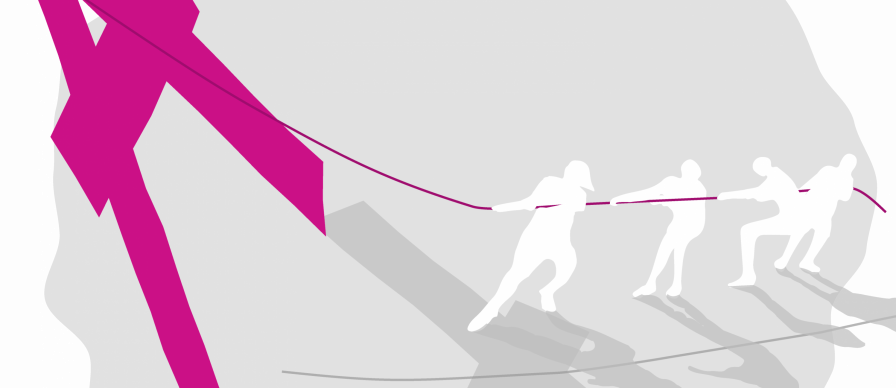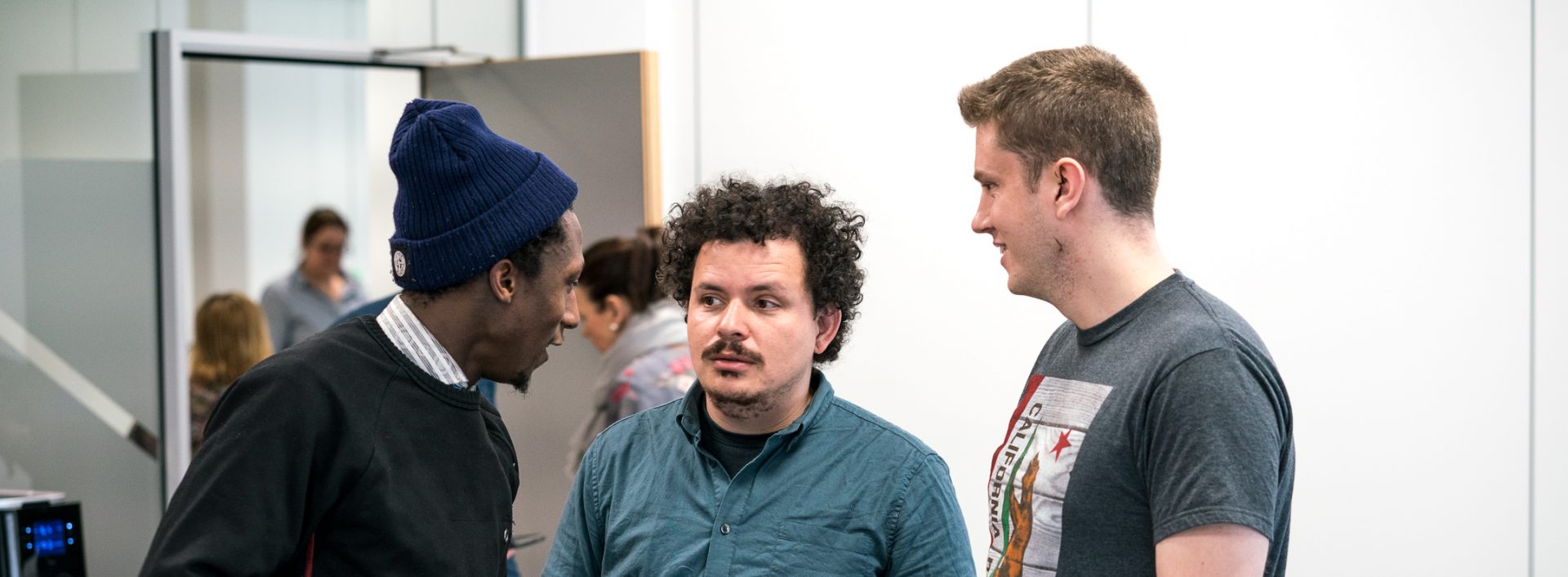Our training and support programme for local authorities and statutory bodies is a personal and organisation development programme that seeks to engage the full spectrum of communities – including those who find themselves on the margins. This focus of bringing ‘the outside in’ to the training programme from the beginning seeks to create a forum for challenging the assumptions – and distrust – underlying existing relationships, and for laying the foundations of new relationships.
The programme enables participants to identify both opportunities for, and obstacles to, collaborative partnerships, by combining the experience and knowledge of citizens with those of public service professionals. As learning and insight is applied, participants are challenged and empowered to respond to and improve the conditions they operate within. This better equips an authority to utilise all the resources in its internal and stakeholder communities to grow the local economy and deliver positive outcomes for all citizens.
The programme explores:
- listening in the community leading to action;
- social and economic analysis;
- personal motivation, leadership, individual and group behaviour;
- power and power dynamics;
- and conflict and creativity.
It develops and offers effective tools and inspiration for entrepreneurs in the authority and community and for others who are working for social and economic development, social and environmental justice, and wider participation. It also offers an opportunity for peer support, practice exchange, and networking at a regional, national and international level.
EXAMPLE: PUBLIC HEALTH WALES
The Adverse Childhood Experience (ACE) Support Hub at Public Health Wales works to support Welsh society to help create an ACE Aware Wales and make Wales a leader in tackling, preventing and mitigating ACE. Following the development of the Wales Trauma Framework, we trained the Support Hub team in community organising techniques to help them consider how to engage with communities across Wales around this new model. By understanding the power they hold as a public sector body, they could work to reach out and listen to the communities they serve and learn how to encourage people to take action around trauma.



